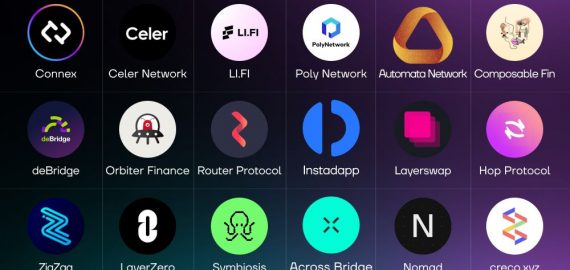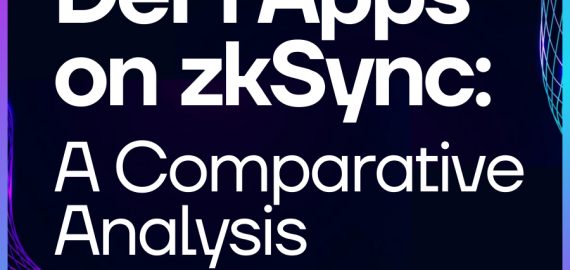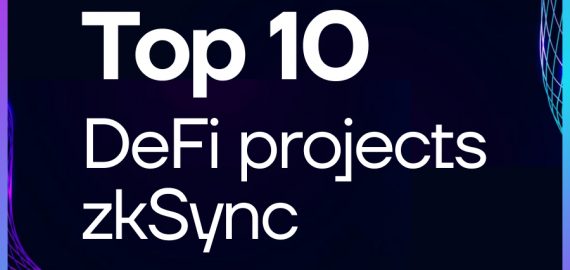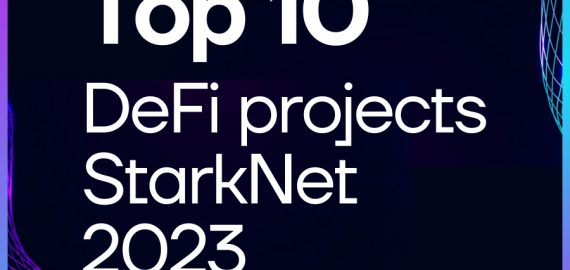ZK-Proofs: What Is Zero Knowledge?


In Brief
Zero-knowledge proof (ZKP) is a cryptographic method enabling the confirmation of a statement’s truth without disclosing the actual information. It’s gaining traction in areas like blockchain, cryptocurrency, and decentralized finance (DeFi) for its ability to bolster privacy and security.
In the rapidly advancing world of digital technologies, privacy and security have become paramount. As we move towards a future where increasingly more transactions are carried out online, the demand for technologies that can guarantee privacy while ensuring transaction validity is growing. One such technology that has caught the tech world’s eye is zero-knowledge proofs (ZKP).
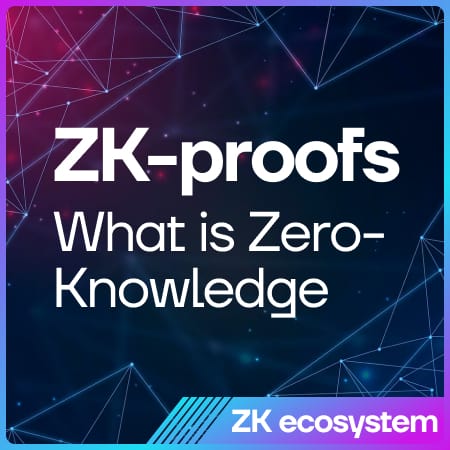
Zero-knowledge proof (ZKP) is a cryptographic concept that enables one party to prove to another that they know a value or possess certain information without conveying any details about the information itself.
TL;DR
ZKP is a cryptographic method that enables the confirmation of a statement’s truth without disclosing the actual information. It’s gaining traction in areas like blockchain, cryptocurrency, and decentralized finance (DeFi) for its ability to bolster privacy and security.
Various DeFi initiatives are leveraging ZKPs to enhance user privacy and security in activities like lending, borrowing, and trading. Numerous primary blockchains are incorporating ZKP-based solutions like rollups or zero-knowledge Ethereum Virtual Machines (zkEVMs). As their applications expand, zero-knowledge proofs are projected to play a pivotal role in the evolution of blockchain and web3.
Zero-Knowledge Proofs
Zero-knowledge proof (ZKP) is a cryptographic technology that allows the truth of a piece of information to be verified without revealing the information itself. This technology is playing an increasingly pivotal role in blockchain, cryptocurrency and DeFi.
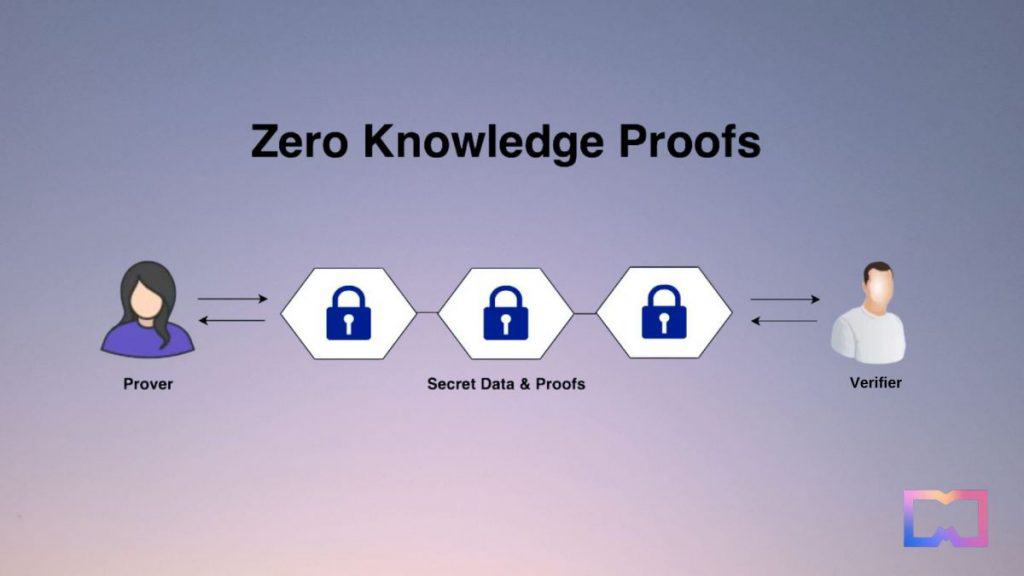
Working Mechanism
The ZKP method is one where a party can prove to another party, the verifier, that a statement is true without revealing any additional information about the transaction. The prover provides a mathematical proof that only they can generate, which the verifier can use to verify the truth of the statement without being able to reconstruct the original information.
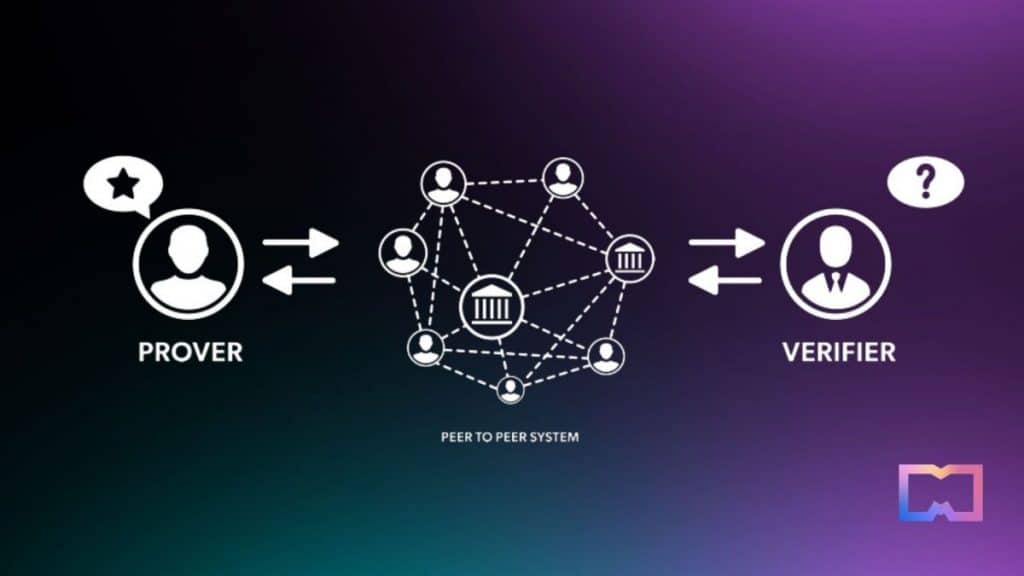
Applications and Use Cases
The rising demand for privacy and security in digital transactions fuels the popularity of zero-knowledge proofs in blockchain and crypto. As many protocols now incorporate ZKPs and as major blockchains develop zero-knowledge roll-ups, interest in this technology continues to grow.
ZKP has been adopted in various DeFi applications, such as private token transactions and shielded lending and borrowing, through a specific type of ZKP known as ZK-SNARKs. A key advancement in zero-knowledge proofs involves an increased focus on scalability and performance through zk-rollups. This blockchain network scaling solution consolidates multiple transactions into one larger transaction, which is then recorded on the blockchain.
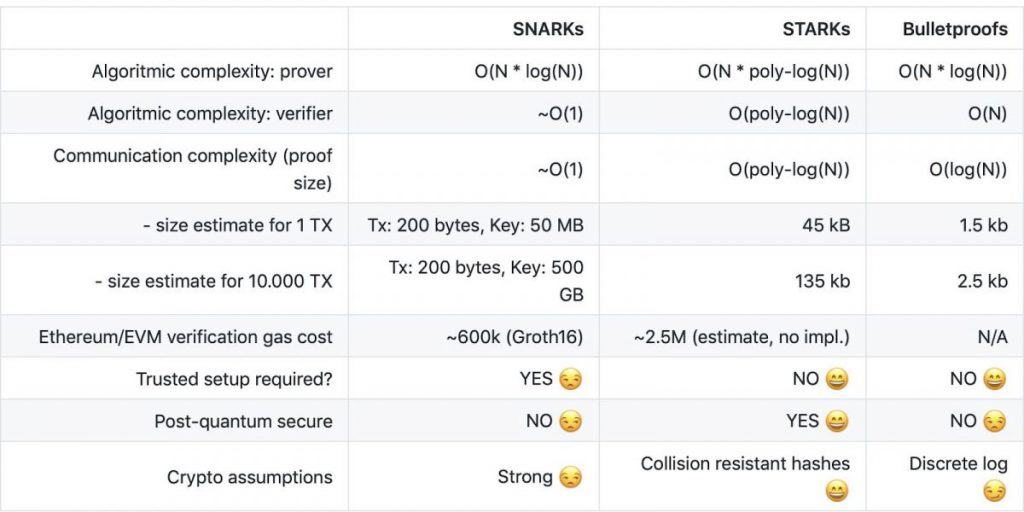
Among the major use cases of ZKP are digital identity verification, privacy-preserving transactions, shielded transactions, tokenization and ownership verification, and global compliance. For instance, ZKPs can validate user identities without exposing sensitive personal information, as seen in digital voting systems. Additionally, they can facilitate privacy-preserving transactions on decentralized exchanges without disclosing the users’ identities or transaction details.
The Future of ZKP in Blockchain
We anticipate the development of cross-chain privacy layers, enabling transactions across different blockchain networks while preserving the privacy of the parties involved.
Moreover, the use of ZK-STARKs, a newer, more efficient, and more secure type of zero-knowledge proof compared to ZK-SNARKs, is likely to rise. We also foresee the emergence of user-friendly ZKP toolkits, which will assist developers from various backgrounds in harnessing this technology.
Recommended post: Best 30+ ChatGPT Plugins
Limitations of ZKP
Despite their potential, zero-knowledge proofs also have limitations. They don’t provide a 100% guarantee, and while the probability of verification when the prover is lying is negligible, users should be aware that ZKPs are not foolproof. Additionally, the algorithms used by zero-knowledge proofs need intense computational resources, and some types of ZKPs require many interactions between verifiers and provers, which can be computationally intensive.
Conclusion
Zero-knowledge proofs seem a promising technology in the realm of cryptography, bringing a paradigm shift in how we approach privacy and security in digital transactions. The demand for secure and private online transactions continues to surge, suggesting a rising significance for ZKPs. This marks them as a key player in the future digital landscape.
However, like any technology, ZKPs are not without their limitations, particularly in terms of computational intensity and the lack of absolute certainty. As technology evolves, overcoming these challenges will be crucial to maximizing the potential of ZKPs. As we move forward, the ability to prove knowledge without revealing any details will undoubtedly continue to play a crucial role in upholding privacy in the digital age.
Read more:
- ZK-Proofs: What Are the Benefits of ZK?
- ZK-SNARKs vs ZK-STARKs: How Do ZK-Proofs Differ?
- History of Zero-Knowledge Proofs: From Cryptography to Blockchain
Disclaimer
In line with the Trust Project guidelines, please note that the information provided on this page is not intended to be and should not be interpreted as legal, tax, investment, financial, or any other form of advice. It is important to only invest what you can afford to lose and to seek independent financial advice if you have any doubts. For further information, we suggest referring to the terms and conditions as well as the help and support pages provided by the issuer or advertiser. MetaversePost is committed to accurate, unbiased reporting, but market conditions are subject to change without notice.
About The Author
Nik is an accomplished analyst and writer at Metaverse Post, specializing in delivering cutting-edge insights into the fast-paced world of technology, with a particular emphasis on AI/ML, XR, VR, on-chain analytics, and blockchain development. His articles engage and inform a diverse audience, helping them stay ahead of the technological curve. Possessing a Master's degree in Economics and Management, Nik has a solid grasp of the nuances of the business world and its intersection with emergent technologies.
More articles

Nik is an accomplished analyst and writer at Metaverse Post, specializing in delivering cutting-edge insights into the fast-paced world of technology, with a particular emphasis on AI/ML, XR, VR, on-chain analytics, and blockchain development. His articles engage and inform a diverse audience, helping them stay ahead of the technological curve. Possessing a Master's degree in Economics and Management, Nik has a solid grasp of the nuances of the business world and its intersection with emergent technologies.
















































